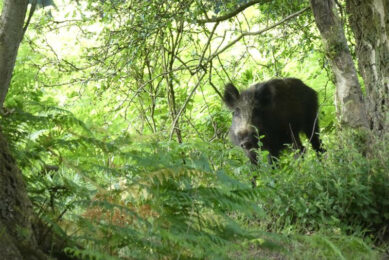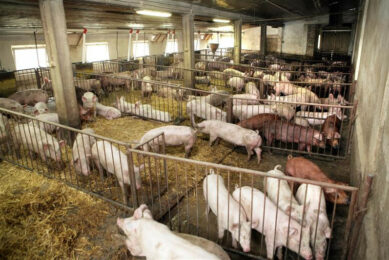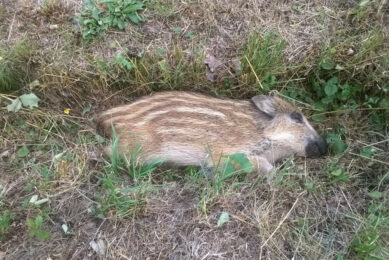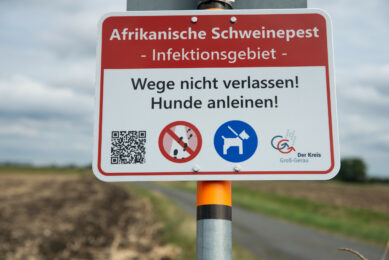ASF update: Virus detected around Warsaw, Poland
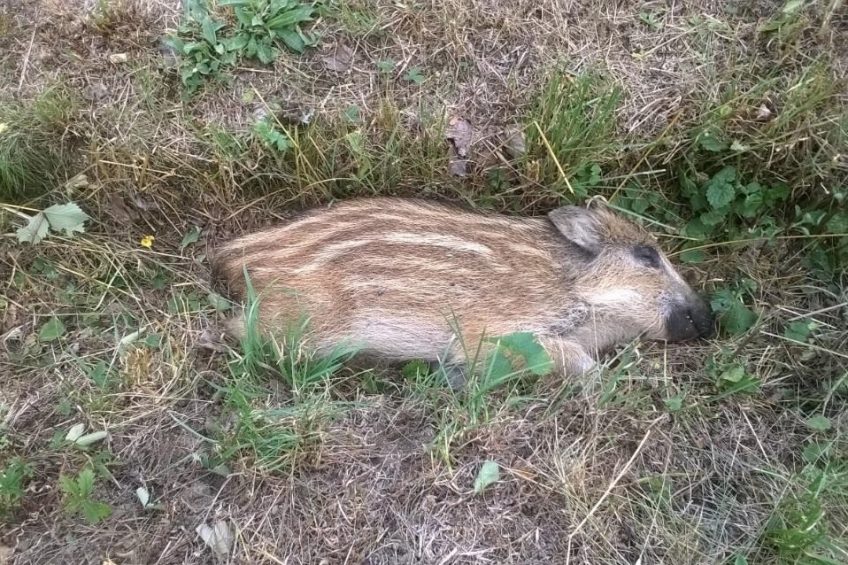
In Poland as well, African Swine Fever is creeping west bit by bit. In recent months, the virus has also affected dead wild boars in the area around Warsaw as well as in northern Poland.
Until roughly September 2017, African Swine Fever had predominantly been contained to the border areas with Belarus, in the Podlasie, Mazovia and Lublin provinces. The approach was to contain the virus in these zones in the east of the country.
African Swine Fever creeping west
Recent developments, however, show that this containment was broken.
Most prominently – and rather unexpectedly – the virus was demonstrated in recent months in wild boars around the capital Warsaw, at about 150 km west from the border. Presentations given for the European Commission regulatory committee on Animal Health, in early December 2017, showed that the virus was found in wild boar carcasses in at least 10 occasions in areas immediately north, west and south of the capital. In total, the virus was confirmed to have killed at least 16 animals at this session.
Read all about pig health in the Pig Progress Health Tool.
Human behaviour behind ASF spread
Human behaviour is often named as the main culprit for the spread of the disease, e.g. by people throwing infected food scraps out of the window. This is an explanation for the nearest zone of outbreaks in Poland is around Siedlce city, about 90 km east of the capital, where since September at least 30 cases have been reported to the World Organization for Animal Health (OIE), including one on a small swine farm of 48 pigs.
Thirdly, as of 15 November, reports reached the OIE that several carcasses of wild boars had been found in the north east of Warmia-Masuria province, in Ełk County, which is located in the north of Poland.
The Czech way to deal with ASF
In order to contain the virus in certain locations, increasingly stringent local controls are being applied. In the region around Zlín in the Czech Republic, in 2017 the virus was detected in carcasses as well, although the virus was nowhere near a 400 km radius. Local authorities there have effectively locked up all wild boars using boar repellents and electric fences and there is intensive hunting going on.
In this contained area, outbreaks continue – the total count by the end of 2017 was 193 wild boars.
A similar containment approach is now also taking place in Poland, as the Polish government aims to build a fence with Belarus and Ukraine covering 1,000 km to block infected boars from crossing the border, Pig Progress’ sister title Boerderij reported. The aim is to have it ready by 2021 and should cost about € 31 million. In addition, local hunting legislation is about to be amended to allow for more intensive hunting.
Developments in Russia
In Russia, where African Swine Fever has been endemic since 2008, the country’s largest swine producer Miratorg recently reported an outbreak of the virus at the feeding station Ivica-2 in the Belgorod region in the Central Federal District in December 2017. All the pigs at this feeding station had to be culled, according to information analysis agency eMeat.
ASF spreads through Moldova
Reports reaching the OIE about the ASF situation in Moldova aren’t hopeful either. Where initial reports mentioned outbreaks only in the far north of the country, recent updates indicate that the virus is found in wild boar carcasses all over the country. In October and November 2017, 2 backyard farms reported to be affected by ASF as well, in Hincesti (4 pigs) and Stefan-Voda (15 pigs), both in more southern regions of the country.



